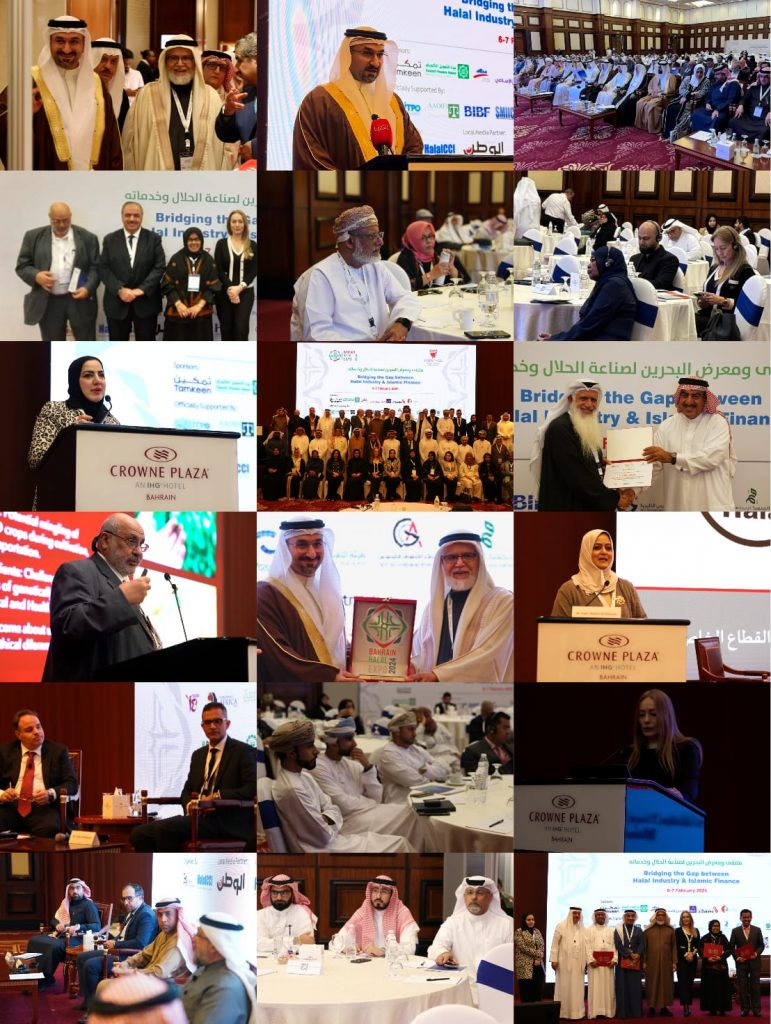 Kuala Lumpur, Malaysia (1st April 2015) – The Islamic Finance and Halal industry are often seen as a natural partnership, which naturally blends well with each other, based on a common ideal of Syariah compliance. The reality however is that both sectors are diverged from one another instead of a convergence of what is supposed to be inalienable partnership between these two sectors.
Kuala Lumpur, Malaysia (1st April 2015) – The Islamic Finance and Halal industry are often seen as a natural partnership, which naturally blends well with each other, based on a common ideal of Syariah compliance. The reality however is that both sectors are diverged from one another instead of a convergence of what is supposed to be inalienable partnership between these two sectors.
This has left a huge void of opportunity to be filled by all players in the Halal industry and also the Islamic financing sector, according to panellists at the ‘Breaking Down the Silos – Halal Food and Islamic Finance’ plenary discussion, which is a part of the World Halal Summit (WHS) 2015 Business Forum at the Kuala Lumpur Convention Centre today.
Both Islamic Finance and the Halal Industry are seen to be natural partners, and their synergistic potential is tremendous. According to moderator Rushdi Siddiqui, CEO of Zilzar Technology, “Halal food makes up 20 per cent of the world’s food production, and yet so little of the Halal industry players actually use Islamic Financing to fund their businesses”.
Badlisyah Abdul Ghani, CEO of CIMB Islamic Bank said that currently only five per cent of Halal industry players actually use some form of Islamic Financing, highlighting the room for potential growth both sectors have by embracing each other. Badlisyah also pointed out that convergence was the best way to ensure the sustainability of each sector in the long term.
As the Halal food industry is currently highly fragmented and primarily dominated by SMEs in Muslim countries, more niche Islamic Banking facilities are needed. Rushdi suggested the creation of an Islamic Bank catered exclusively for SMEs as a way forward to meeting the needs of SMEs in Muslim countries.
A shared ideal of Syariah compliance is a starting point to dominating the USD1.2 trillion (as reported in 2013) Halal food market. This will in turn make full circle the production chain of Halal consumer goods. That is by using Syariah compliant financing to produce Halal food products for the Muslim consumer market, instead of the current conventional method.
It was pointed out in the session that consumers often misunderstand the guiding philosophy of a Halal product. It is about creating an ethical value chain for the product, right from its inception to its place on a store shelf, and that includes the manner in which funds were procured to finance and sell the product. That is a product that is wholly compatible with the Muslim consumer’s religious beliefs.
There is much to be done to educate SMEs the advantages of utilising available Islamic financing facilities that are widely available in countries such as Malaysia and the Gulf Cooperation Council (GCC States). In Malaysia for example incentives such as a 100 per cent stamp duty exemption are available to users of Islamic financing services.
By turning to Islamic Banking institutions which are increasingly easily accessible and already widely trusted by conventional businesses, many of them non-Muslim owned, Muslim SMEs can ensure that financing the growth of their businesses will be as Syariah compliant as their product.



